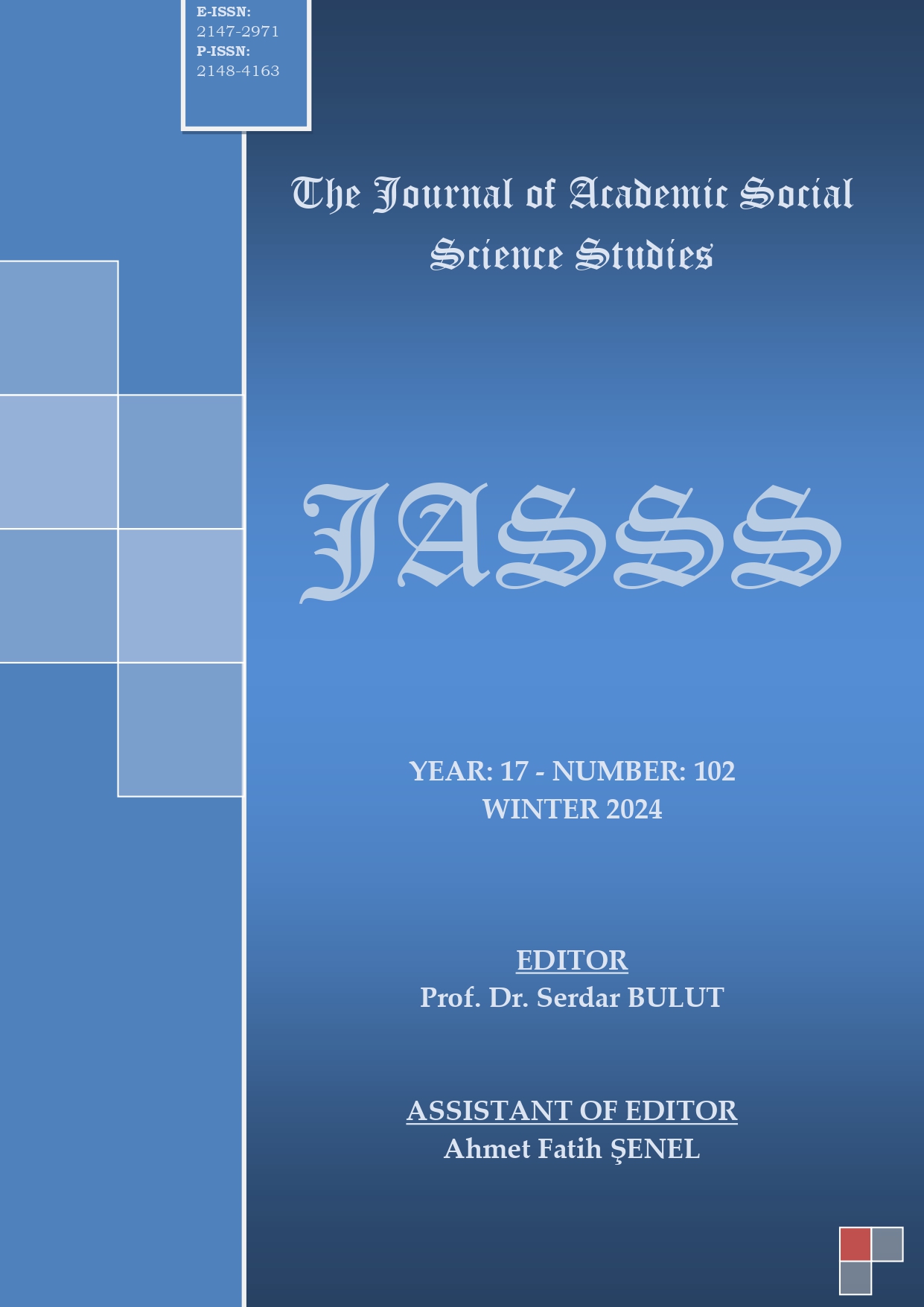Author :
Abstract
Bu çalışmada kültür kavramının eğitimle olan ilişkisi, erken çocukluk dönemini kapsayan eğitim düzleminde araştırmaya tabi tutulmuştur. Çalışmanın örneklemini Maria Montessori ve Çiğdem Kağıtçıbaşı’nın erken çocukluk dönemi hakkında öne sürdükleri argümanlar oluşturmaktadır. Maria Montessori tarafından tasarlanan eğitim modeli ‘Montessori Eğitim Sistemi’ olarak anılırken Çiğdem Kağıtçıbaşı’nın eğitim tasarısı ‘Çok Amaçlı Eğitim Modeli’ olarak adlandırılır. Her iki ismin bir araya getirilmesinin nedeni, kültür kavramının eğitim sürecindeki etkisini irdelemektir. Bu etki kültürün bireycilik-toplulukçuluk olarak iki boyuta ayrılması ve her iki boyutun asli özellikleri olan ayrışmışlık-ilişkililik değerleri dikkate alınarak araştırılmıştır. Bireyci ve toplulukçu kültürlerde kişiler farklı davranış örüntüleri sergilemekte ve kişiler arası kurulan bağ çeşitlilik göstermektedir. Dolayısıyla bu kültürel tavır eğitim sistemini, çocuk yetiştirme tarzını veya ebeveyn tutumlarını da etkilemektedir. Nitel araştırma zemininde doküman incelemesi modelinin kullanıldığı bu çalışmada, eğitimde sıkça vurgulanan bağımsızlık meselesinin anlamı ve işlevi iki eğitim modeli vasıtasıyla analiz edilmiştir. Buradaki temel kaygı, eğitim sürecinde çokça vurgulanan ‘bağımsız bir birey’ yetiştirme ülküsünün her toplumda ve aile modelinde benzer bir anlam ifade edip etmediğidir. Bir eğitim modeli, bağımsız çocuk yetiştirme ilkesini kuramsal olarak içeriğinde yer verebilir; ancak buradaki esas sorun çocuğun bağımsızlığı fikrinin her ailede aynı değeri görmemesidir. Bunun nedeni ise çocuğa atfedilen değerin kültürel olarak değişmesidir. Çalışmadan elde edilen sonuca göre, iyi bir eğitim sürecinde etkili olan faktörün sadece eğitim kurumuyla ya da bir eğitim teorisiyle ilgili olmayıp ebeveyn tutumuyla da ilişkili olduğu bulgusuna ulaşılmıştır. Ebeveyn tutumları ise farklı sebeplerden ötürü değişebilmektedir. Bu nedenle Montessori Eğitim Sisteminde ebeveyn faktörüne nasıl yer verildiği ve çok fazla vurgulanan bağımsızlık sorunu, Kağıtçıbaşı’nın fikirleri doğrultusunda incelenip eğitimde bağımsızlık sorununa kültür temelli bir çözüm önerisi sunmak amaçlanmıştır.
Keywords
Abstract
The present study analyzed the relation between the concept of culture and education at the educational level encompassing the early childhood period. The study sample comprised the arguments presented by Maria Montessori and Çiğdem Kağıtçıbaşı regarding early infancy. The educational framework established by Maria Montessori is referred to as the 'Montessori Education System', whereas Çiğdem Kağıtçıbaşı's educational design is termed the 'Multi-Purpose Education Model'. The reason for bringing both names together was to analyze the influence of the concept of culture on the educational process. The effect was analyzed by categorizing the culture into two dimensions: individualism/collectivism and assessing the values of separateness/relatedness, which are fundamental attributes of both dimensions. Individualistic and collectivistic cultures demonstrate distinct behavioral patterns and differing interpersonal connections. This cultural disposition thus impacts the educational framework, child-rearing practices, and parental perspectives. The present study, which employed a document analysis model on the basis of qualitative research, analyzed the meaning and function of the issue of independence, which is frequently emphasized in education, through two educational models. The primary issue at hand is whether the highly stressed ideal of cultivating an 'independent individual' inside the educational framework holds a consistent interpretation across various societies and familial structures. An educational model may theoretically integrate the premise of fostering independent children; nevertheless, the fundamental issue is that the concept of kid independence is not uniformly esteemed across all families. This is due to cultural changes in the value attributed to the child. The study's results indicated that an efficient educational process is influenced not only by the educational institution or theory but also by parental attitudes. Parental attitudes can change due to a variety of reasons. The study aimed to analyze the integration of parental influence within the Montessori Education System and the issue of independence, which is heavily stressed, in accordance with Kağıtçıbaşı's theories, while proposing a culture-based solution to the independence challenge in education.





